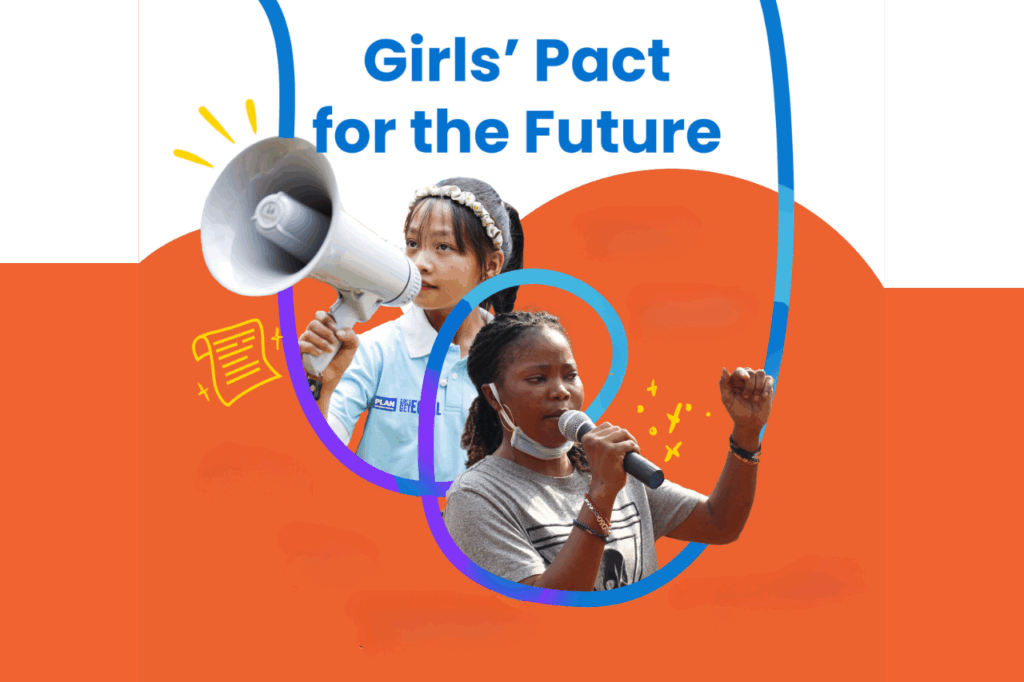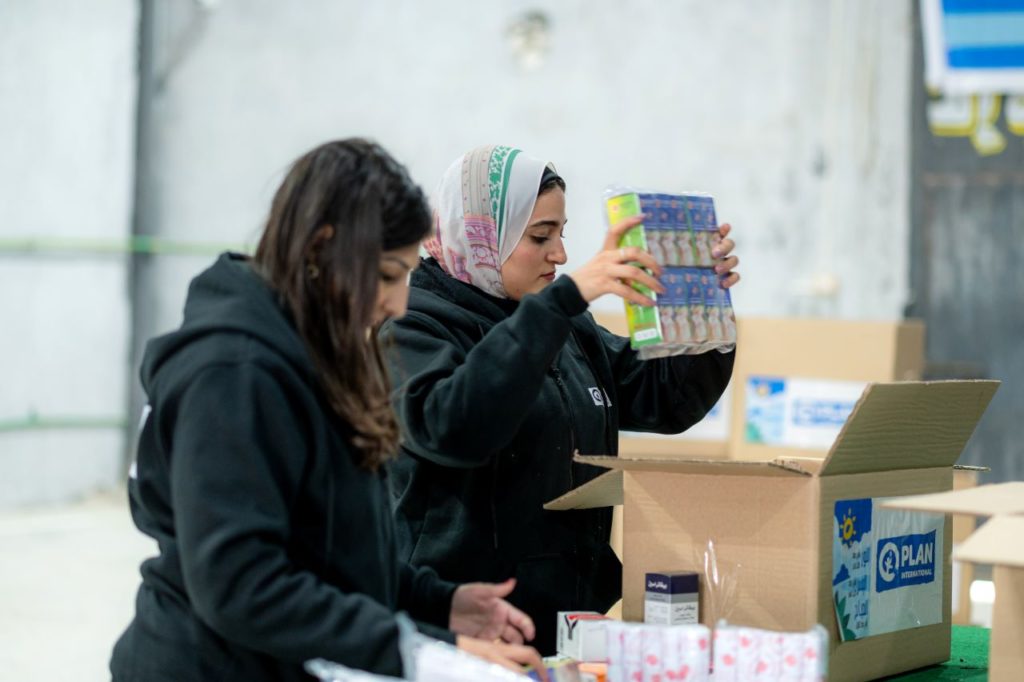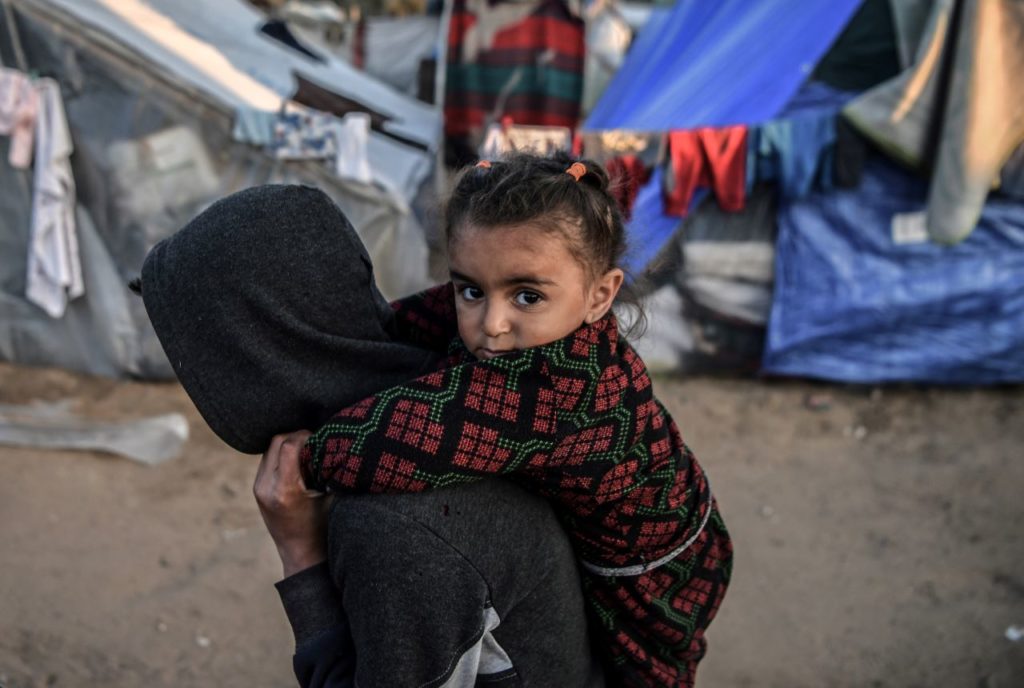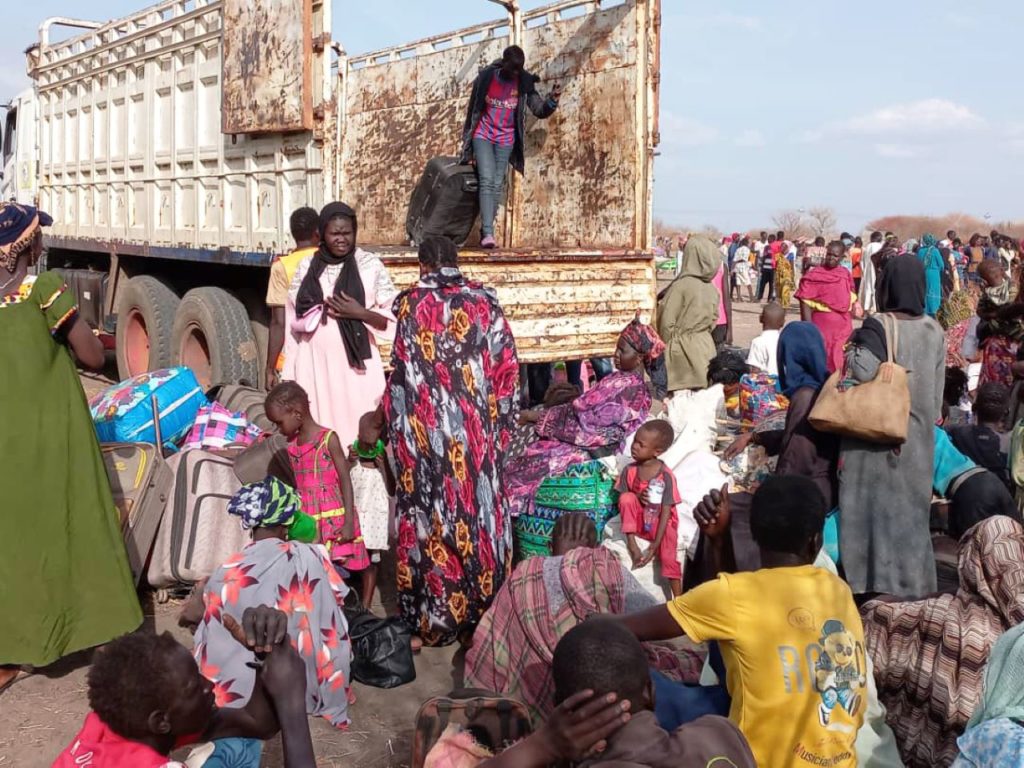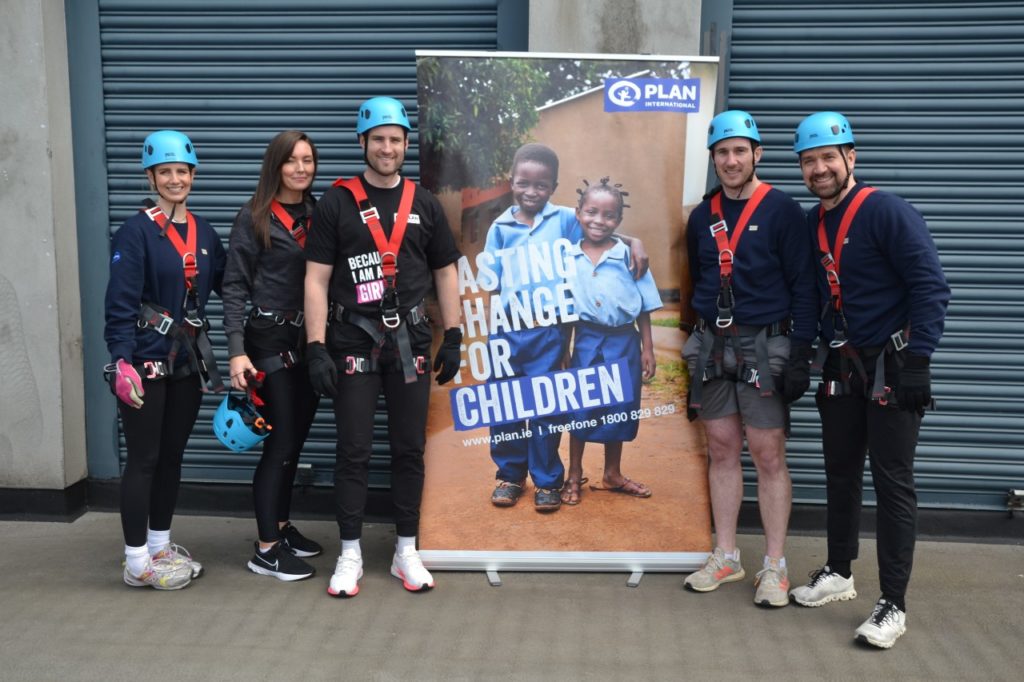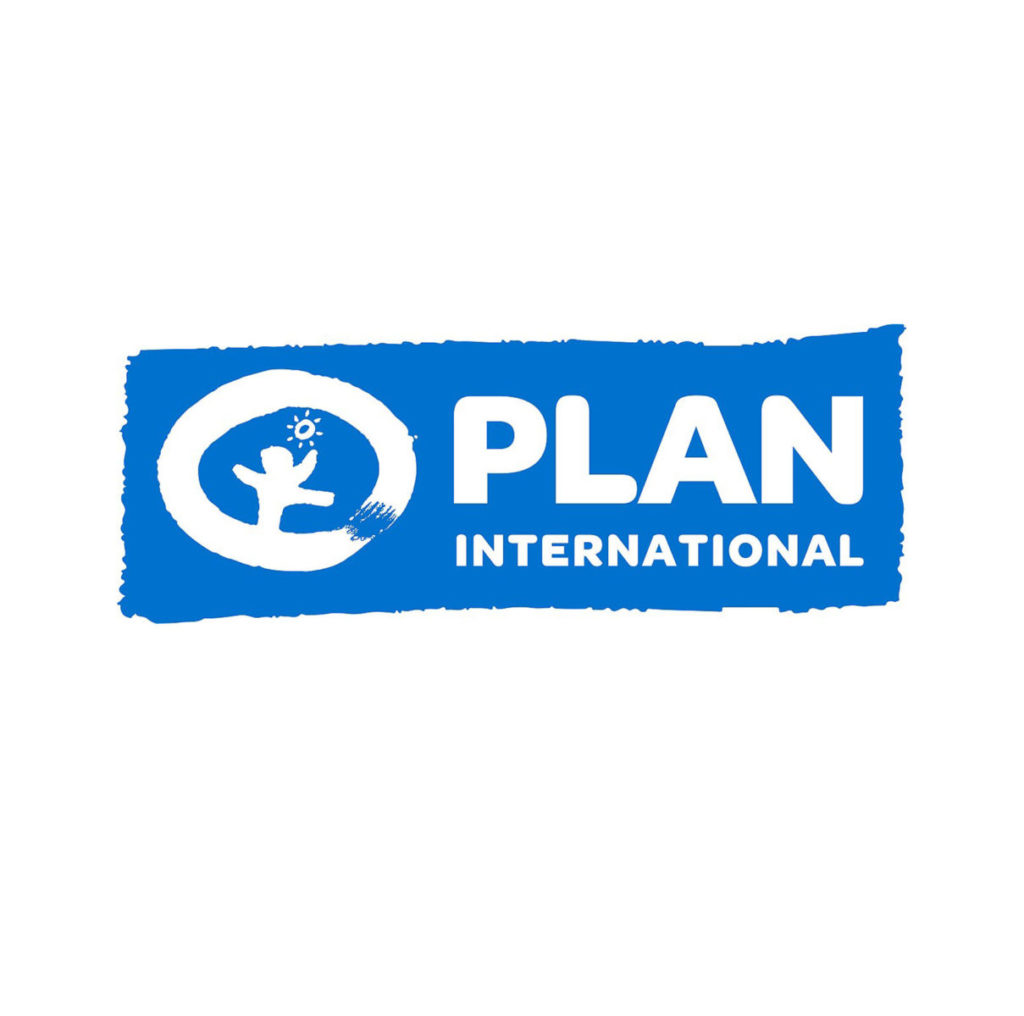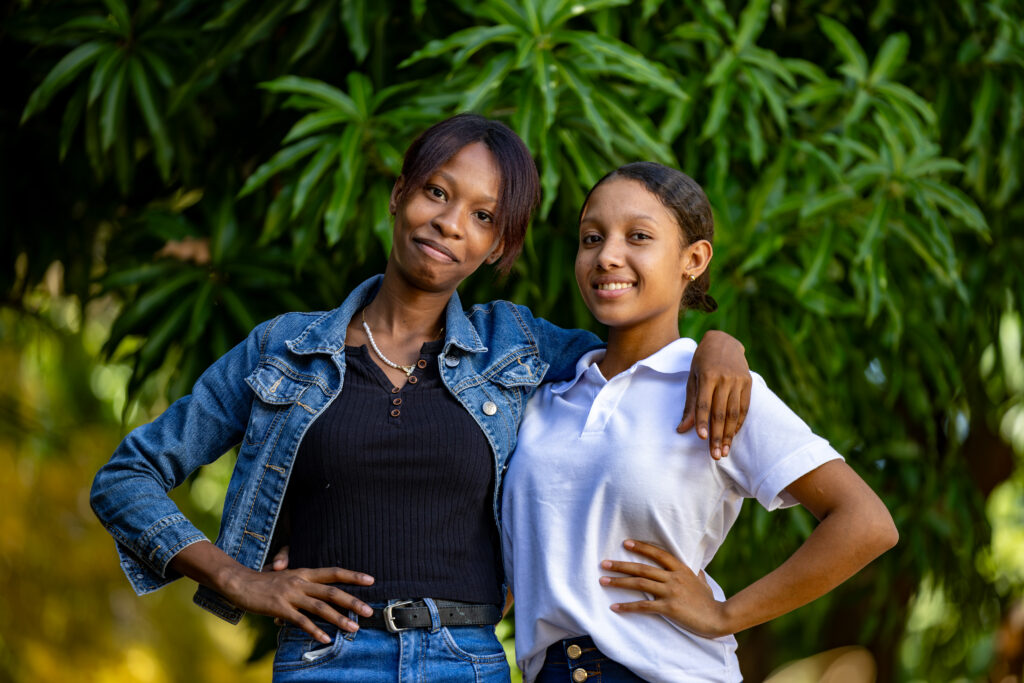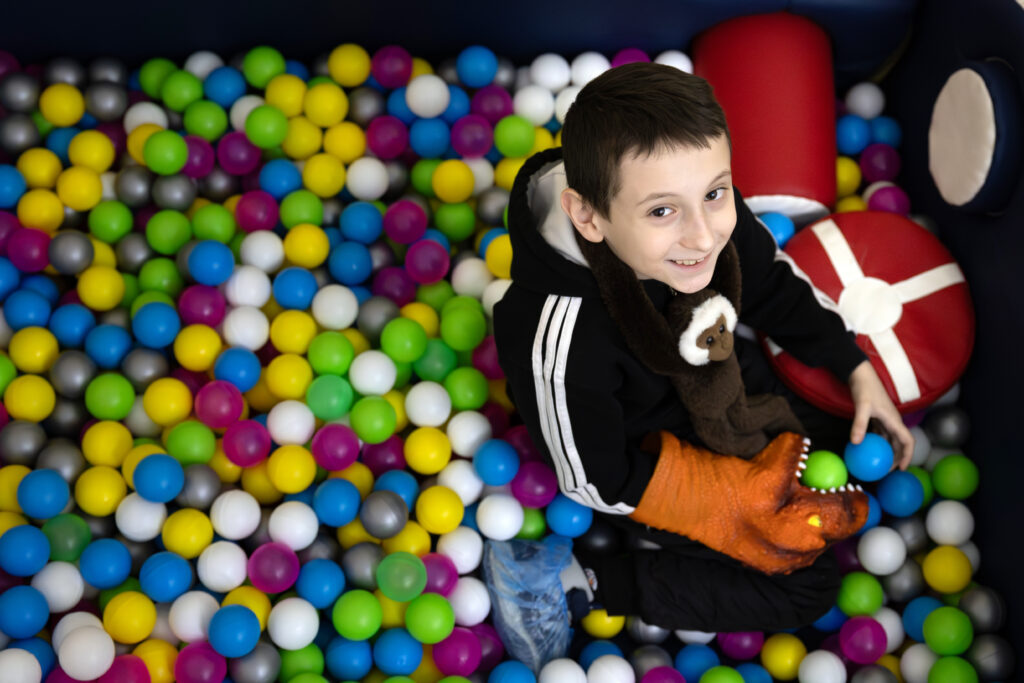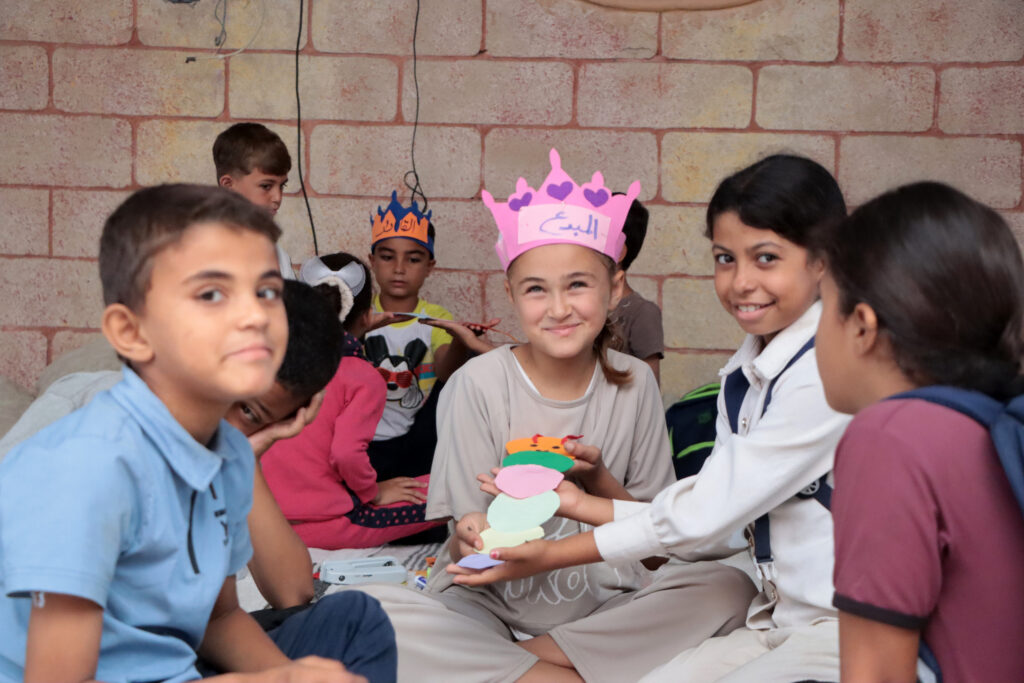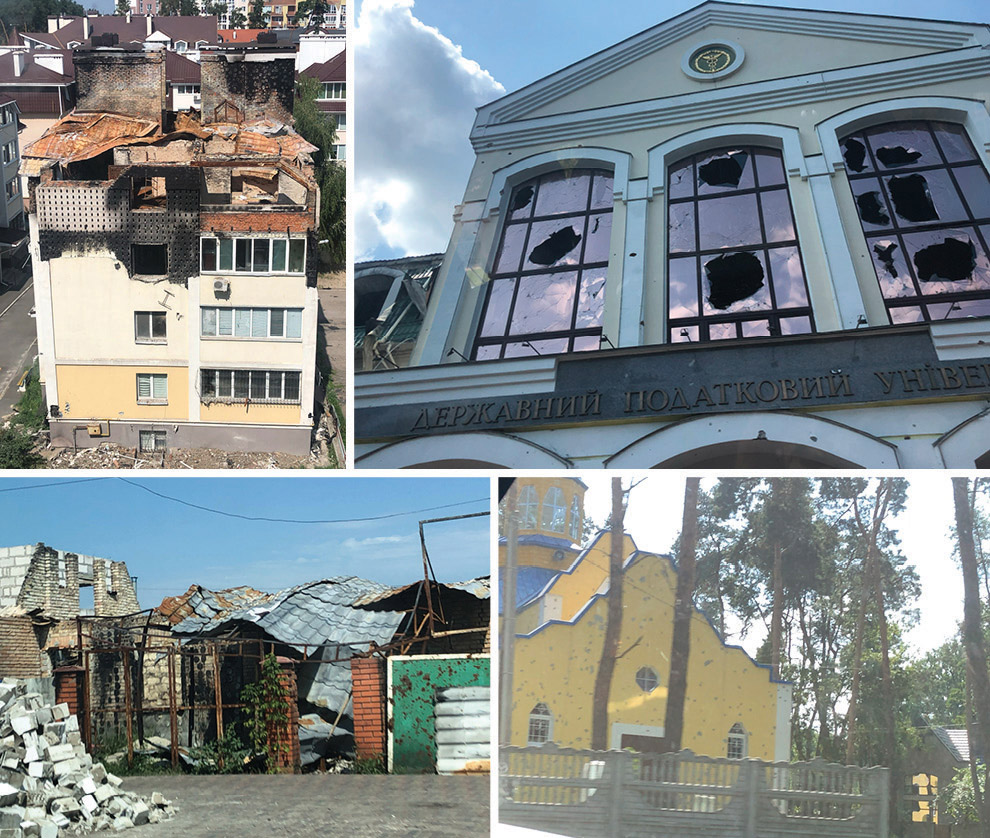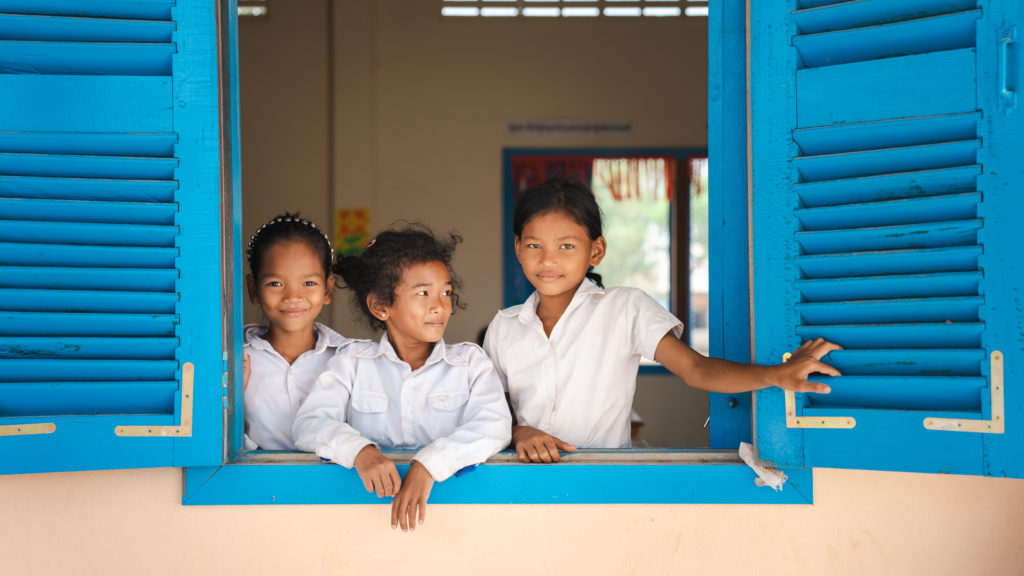Thanks to the support of the EU, Plan International has been working with Save the Children and the Gender, Equality, Peace and Development Centre (GEPaDC) in Borno State, Nigeria, to implement the education component of the project: EU Support to Early Recovery and Resilience in Borno State.
We have been taking action together with partners in the region to ensure that children affected by the protracted conflict have access to safe, inclusive and quality education.
Why We’re Responding
Nigeria is Africa’s most populous country, with 69% of its almost 200 million people living below the poverty line. Nigeria also has the world’s highest number of out-of-school children at 10.5 million. 60% of these children are girls. In many families, education for girls is not perceived as valuable and many end up forced into child marriage.

Conflict and Impact on Education
Over 10 years of conflict has affected more than 14.8 million people, making the humanitarian disaster in Nigeria one of the worst in the world. Insurgency group, Boko Haram, has been carrying out attacks on schools, education personnel and students in its bid to halt what it has termed ‘western education’.
The conflict has caused an estimated 8.4 million people in the North-East Nigeria to be in acute need of humanitarian and protection assistance. This is compounded by the widespread poverty in these states.
Between 2011 and 2019, an estimated 65,885 people were killed in the conflict. Thousands of girls and women have been abducted and hundreds of children used as human bombs. The United Nations Office for the Coordination of Humanitarian Affairs (OCHA) estimates that a quarter of all IDPs are children, many of whom are unaccompanied by adults.
Despite continuous humanitarian support, more than 800,000 people in Borno alone are estimated to have taken refuge in areas that remain inaccessible to humanitarian organisations, which underlines the challenges to education. The biggest barrier to education for children in the region is poverty. Other barriers include infrastructure damage, insufficient teachers, fear of attack and a lack of educational materials.
About the EU Support to Early Recovery and Resilience in Borno State Project
With support from the European Union, Plan International has been implementing activities to increase the resilience of the education system and services in conflict-affected Borno State. Bearing in mind that there were significant gaps in education infrastructure in Nigeria prior to the outbreak of the conflict, the project has been supporting the transition to early recovery and the long-term development and strengthening of Nigeria’s education system at all levels.
Project Objectives
Access to education and vocational training will be improved for children and adolescents in Borno State. A safe and protective schooling environment will be fostered for tens of thousands of students and teachers throughout the project, through the construction and rebuilding of schools and classrooms. Sanitation facilities will be improved with the construction of accessible and sex-segregated latrines, and thousands of girls will receive dignity kits to manage their menstruation. For thousands of adolescents and youth who are out of school, access to accelerated learning programmes and flexible, non-formal learning and training opportunities will also be enhanced.
The three core objectives of the project are as follows:
- Access to safe, inclusive and quality primary and secondary education for children, in particular girls, in areas of displacement or return/resettlement. The goal is to reach 80,000 children in 123 schools.
- Increase relevant and flexible non-Formal Education (NFE) opportunities for out of school adolescents and youth.
- Strengthen capacities of public administration and improve community engagement to deliver safe, inclusive, and quality education.
